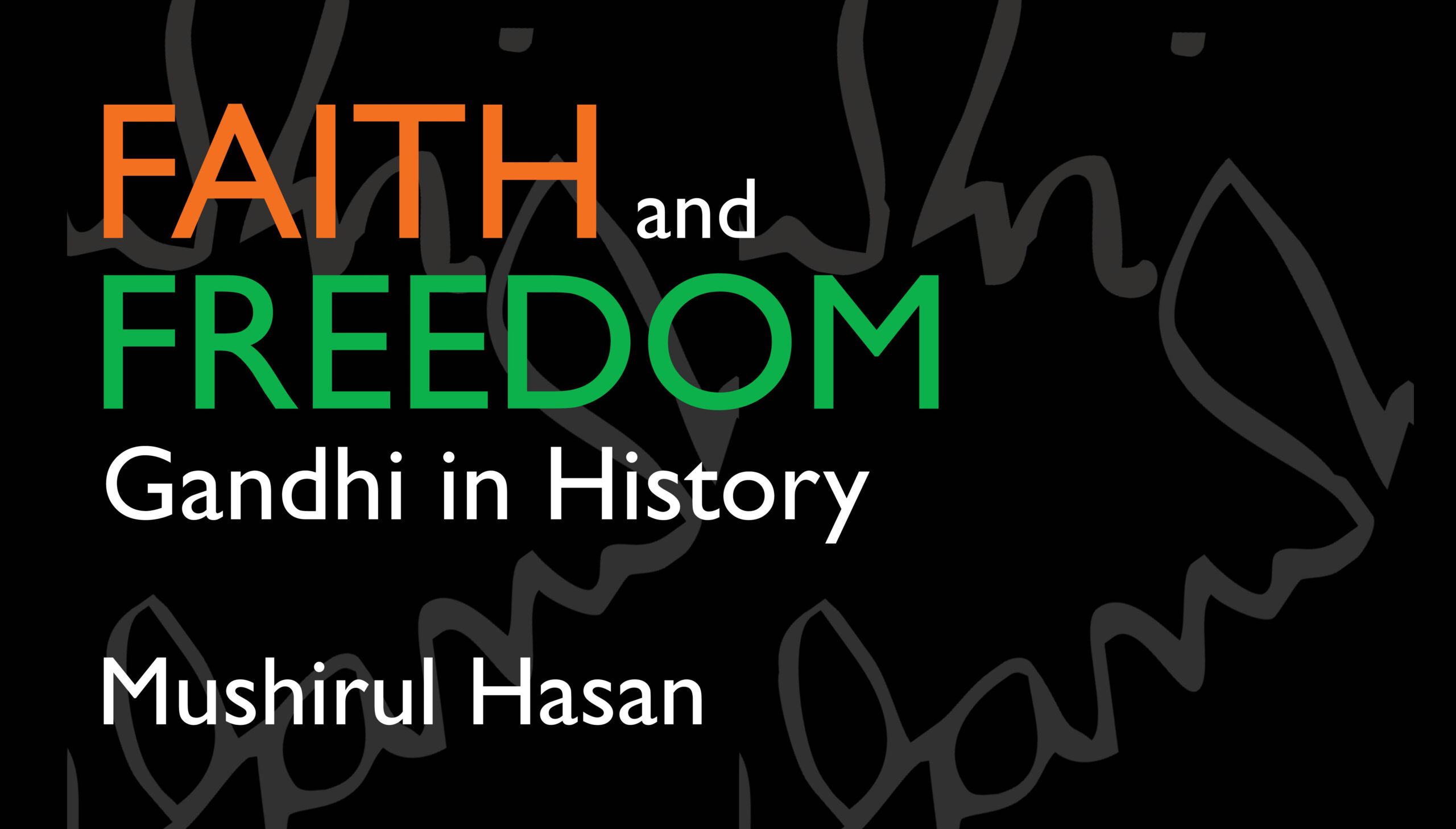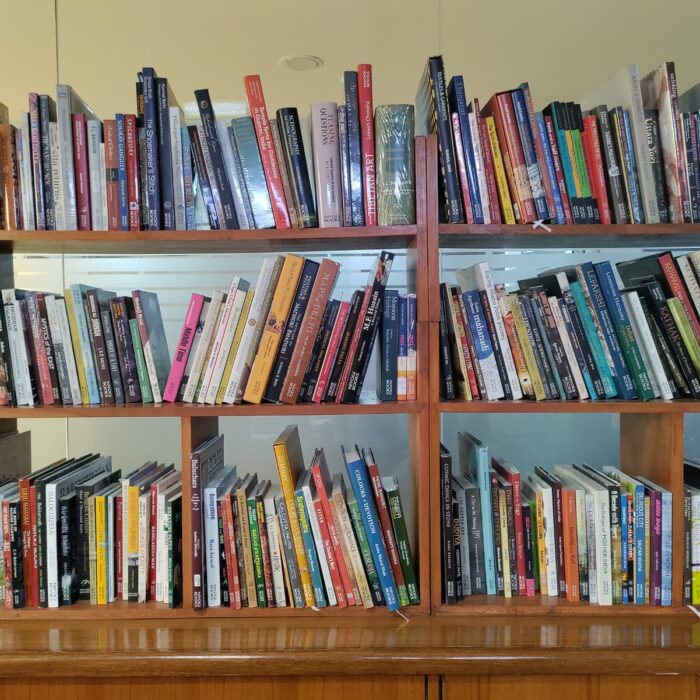
Excerpt: FAITH and FREEDOM: Gandhi in History
Words and Vision
The seventeenth-century political theorist Benedict Spinoza suggested that it is far from possible to impose uniformity of speech, for the more rulers strive to curtail freedom of speech, the more obstinately people resist them. Human nature is such that laws directed against opinions affect the ‘generous minded’ rather than the wicked, and they are adapted less to coerce criminals than to irritate the upright. 110 The war, in which many of the moderates took part under the illusion that it would lead to their kind of millennium, pointing out that within the Jekyll of the reforms lurked the old Hyde of repression.
Moving from strength to strength, Gandhi brought together the threads of unrest and wove them into a pressure group. Thus, shutters were down on 6 April 1919 as Hindus and Muslims, for their own specific and generalised complaints, responded to hartal, an idea designed to improve the social tone and morale of the aggrieved and discontented. Added to this was fasting, which, he was to say later, ‘isolates the forces of evil. His fast in Kheda had proved to be a dialogic exercise, a moral one aimed at the employers and the mill hands of Ahmedabad to awaken them and the moneyed classes to their dharma.
Gandhi reminded the future generations that, ‘we who witnessed the innocent dying did not ungratefully refuse to cherish their memory’. ‘We shall be judged not by our words, but solely by our deeds,’ he once decreed. A heightened political atmosphere stimulated the urban middle-classes to rethink their traditional subservience. They were on the threshold of something splendid and final. In a wild moment, Saadat Hasan Manto’s classmate took off his silk jacket and threw it into the huge bonfire the boys had lit in front of the town hall and the police headquarters, Manto was an upcoming Urdu writer. In Allahabad, politics spilled over into the city. At one rural polling station, the voters stayed away. Cloth merchants pledged themselves not to import or purchase cloth. This sort of fervour testifies to an awareness of the ‘extraordinary stiffening-up’ of demoralised, backward, and broken-up people taking part in disciplined, joint action. Those were brave days, and their memory endured and became a cherished possession. They transformed Congress into a mass party and its followers animated by democratic ideals and contempt for innate privilege. Nayantara Sahgal writes about them:
When the speaker was Mamu, the speech would start on a reflective note but soon flash fire, sending a thrill through its audience. If Gandhiji was the leader of the struggle, Mamu personified its romance, its spirit of high adventure, its appeal to the patriotic young. In Allahabad the student body had a special claim on him. Living as he did just down the road from the university.
Patience yields results, just as fortune favours the brave. Gokhale and Naoroji had passed away after doing their best to stir the conscience of the rulers, Tilak and Surendranath Banerjea were out of contention in the race for leadership; Annie Besant became the target of japes and jeers; the Liberals virtually disappeared from the face of the earth; Jinnah, with all his deadly earnestness at this time, operated on the fringes. As luck would have it, the Congress received the mixed blessings of an individual who was made of the stuff of which heroes are made. Not only was he different from the rest but he also brought a sense of difference with his views on politics, morality, and justice. Above all, he overcame the inertia wrought in the popular conscience, bridged the difference between ideals and realities, and contested the assumptions of those who had so far projected themselves as infallible.


